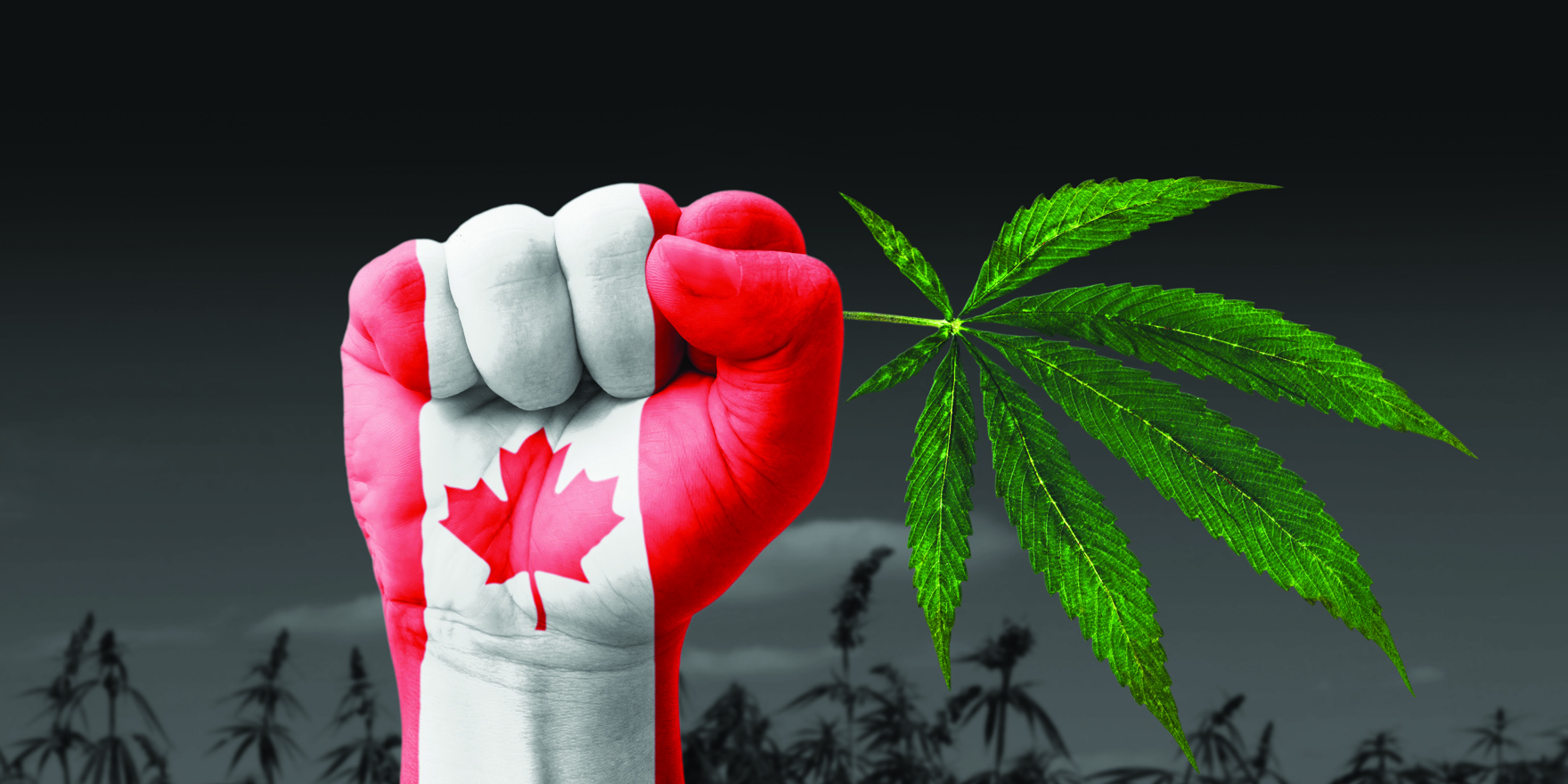Doctors here are being paired with Canadian doctors who have experience prescribing medical cannabis
When medical cannabis was first introduced in Canada in 2001, doctors were confronted with very similar issues to those that now face doctors here.
Medical cannabis suffered from a lack of evidence and indications, Dr Danial Schecter, a practising family physician and the co-founder of the Cannabinoid Medical Clinic in Toronto, Canada, said.
Doctors feared stigmatisation and loss of respect from colleagues for prescribing the drug.
But Canadian doctors have now had 16 years to address these concerns.
“I believe that we are in an ideal position to share the knowledge and allow physicians in Australia to not make some of the same mistakes we have made,” Dr Schecter said.
In June, Dr Schecter was appointed as the chief medical adviser of AusCann, an Australian medical cannabis provider.
AusCann is in the process of creating a “mentorship program”, where physicians interested in medical cannabis could be paired with experienced Canadian physicians.
Canadian experts would be available via teleconference to answer questions and to provide support to physicians who would like to try to incorporate cannabis into their practice.
AusCann was also assisting a small number of pain specialists and palliative care specialists with the “onerous” paperwork required to prescribe medical cannabis, Elaine Darby, the managing director at AusCann, said.
The company was also reaching out to GPs with an interest in this area. Doctors seeking to prescribe unregistered cannabis medications have two avenues for approval: Category B of the “special access scheme” or the “authorised prescriber” route. Under Category B, doctors must apply for permission from the TGA and from their state government for each individual patient. The TGA said it could process applications within a few days but state-based approvals took some time, Ms Darby said.
Easier access to medical cannabis for terminally ill patients was granted in June when the Category A Special Access Scheme pathway was reopened following action in the Senate. But Ms Darby said the legislation would not allow doctors to prescribe cannabis products imported by a third party.
“Doctors still have to bring in the product on a one-off basis,” she said.
Only a handful of authorised prescribers exist in Australia because doctors need to get sign off from either their college or from a human ethics research committee.
The colleges that dealt with pain medicine did not wish to endorse medical cannabis prescribing by members, Ms Darby said. And ethics approval was a long process.
AusCann is in the process of importing cannabinoid oil medicines for chronic pain treatment and palliative care from Canopy Growth, a Canadian-based grower and manufacturer.
“Our product is essentially on order and is scheduled to arrive in the next few weeks,” Ms Darby said.
The oils consist of full spectrum cannabis extract, which included a range of cannabinoids, and high oleic sunflower oil. Cannabinoid oils were dispensed with a syringe and taken orally.
The company also had its sights on soft gel capsules, which Canopy were just releasing into the Canadian market. The capsules had the added benefit of a pre-measured dose, which made it easier for patients to administer.
During his travels around Australia last year, Dr Schecter spoke with many doctors about their specific concerns relating to medical cannabis.
“Unfortunately, Australian physicians have been put into the role of being the gatekeeper for medical cannabis without receiving the proper training, education or support from their regulatory bodies or from the TGA,” he said.
Some doctors wanted to know why cannabis was even considered a medicine, while others were interested in which products should be used for which indication, Dr Schecter said.
“I talked about the great amount of patients that I have been able to wean off of opioids or other dangerous medications, such as benzodiazepines or antipsychotics [by prescribing medical cannabis],” he said. “I talked about the relative low rates of side effects.”
Dr Schecter has personally treated more than 3,000 patients with medical cannabis, ranging in age from one to 95 years, and followed up on their response.
Medical cannabis was difficult for physicians to wrap their heads around, as it was not analogous to any other therapy, Dr Schecter said.
“Unfortunately, because cannabis is not a medication in the traditional sense of the word there are no ‘indications’ for medical cannabis,” he said.
Medical cannabis was not a single product, but a term used for a plant that could come in hundreds of different strains with different THC to CBD ratios.
But doctors that did not take the initiative to learn about medical cannabis and to understand how and where it can be incorporated into their practice would “ultimately be on the wrong side of history”, he said, “especially when we look at the negative effect that opioids, benzodiazepines and antipsychotics are having on the general population”.


